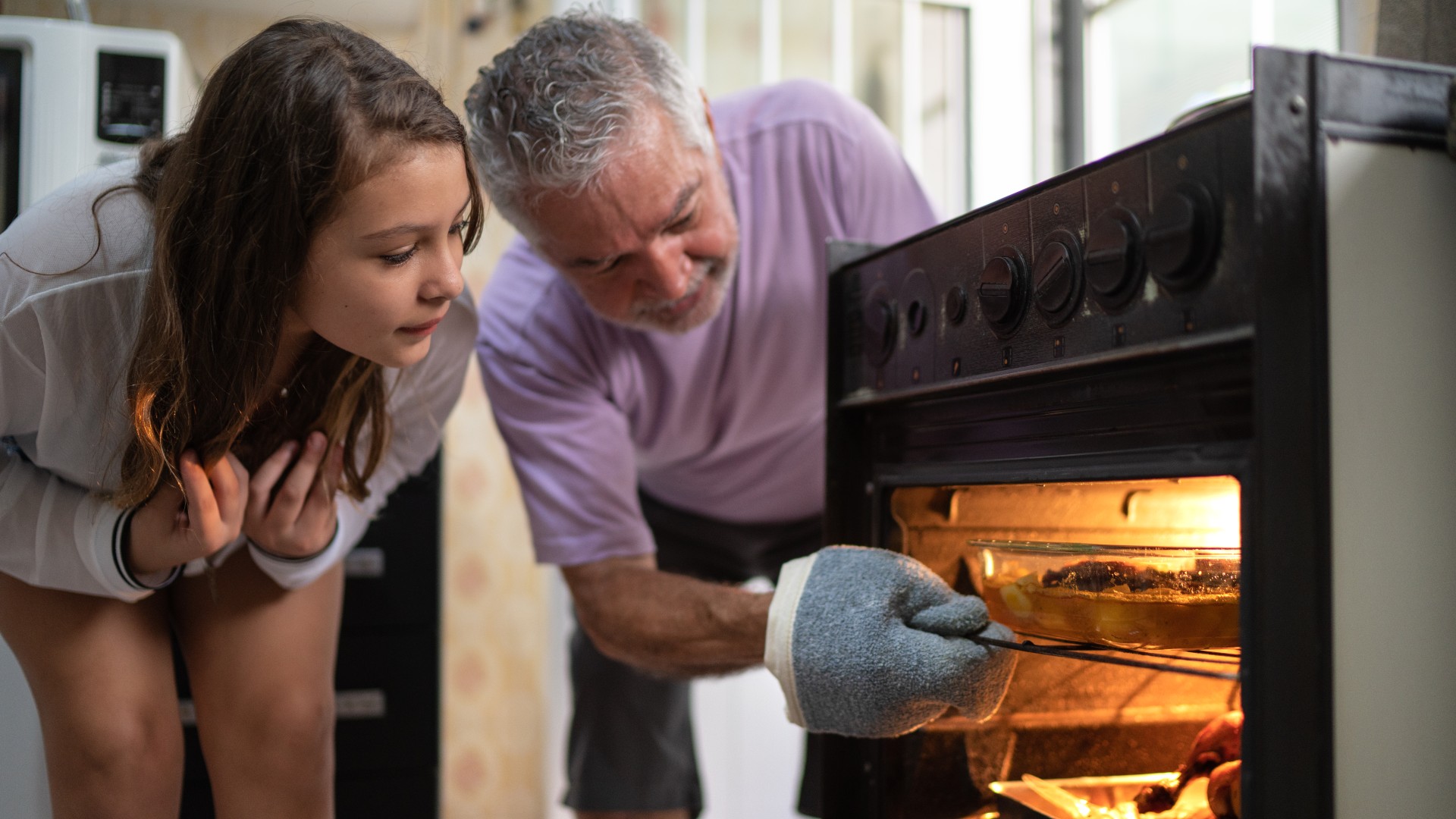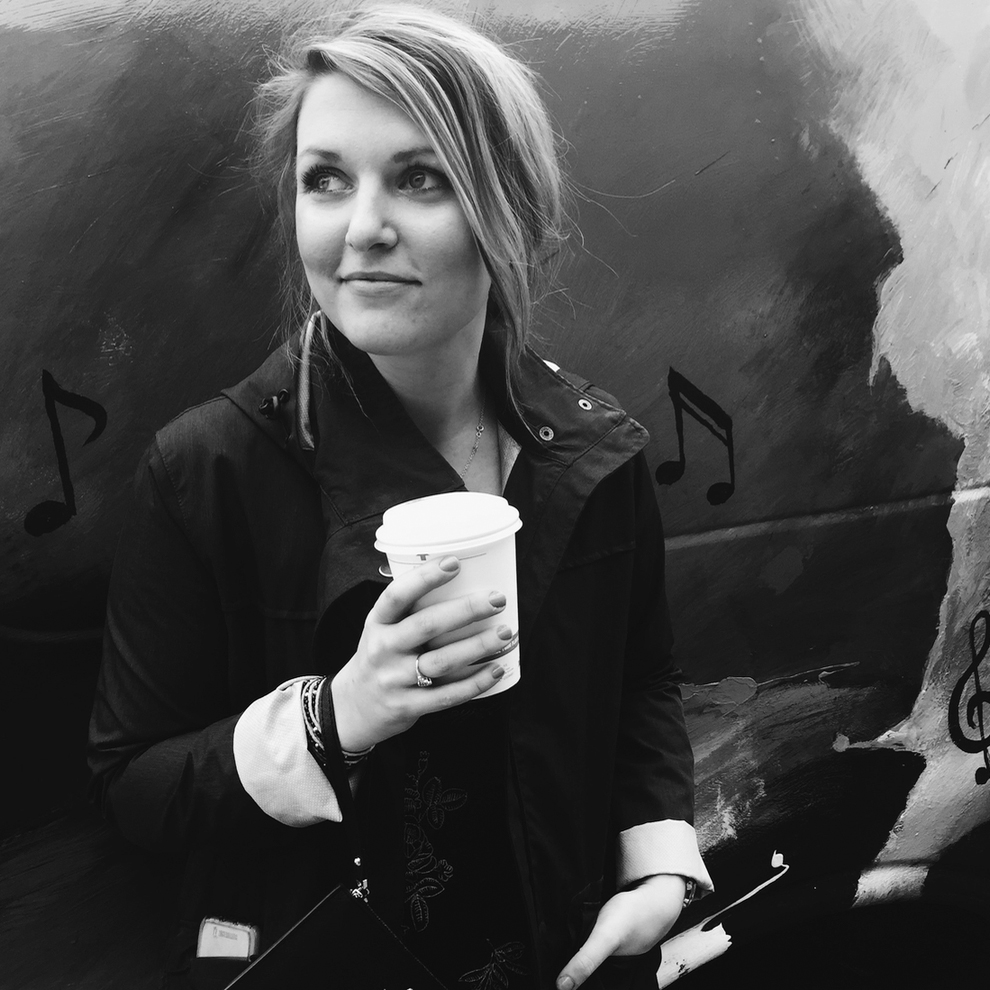
Donavyn Coffey
Donavyn Coffey is a Kentucky-based health and environment journalist reporting on healthcare, food systems and anything you can CRISPR. Her work has appeared in Scientific American, Wired UK, Popular Science and Youth Today, among others. Donavyn was a Fulbright Fellow to Denmark where she studied molecular nutrition and food policy. She holds a bachelor's degree in biotechnology from the University of Kentucky and master's degrees in food technology from Aarhus University and journalism from New York University.
Latest articles by Donavyn Coffey
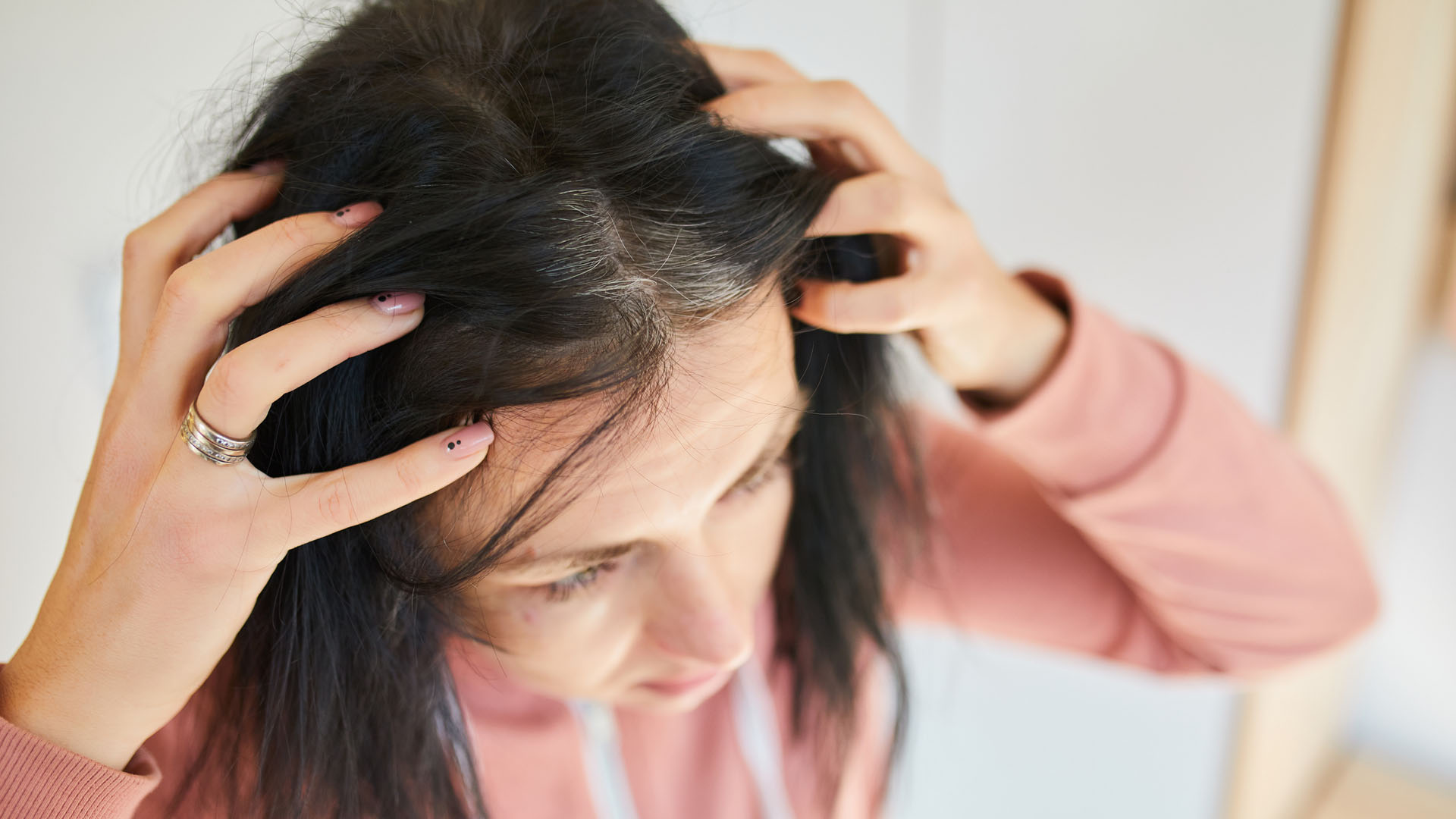
Can stress turn hair gray?
By Donavyn Coffey published
Science suggests the answer is "yes".
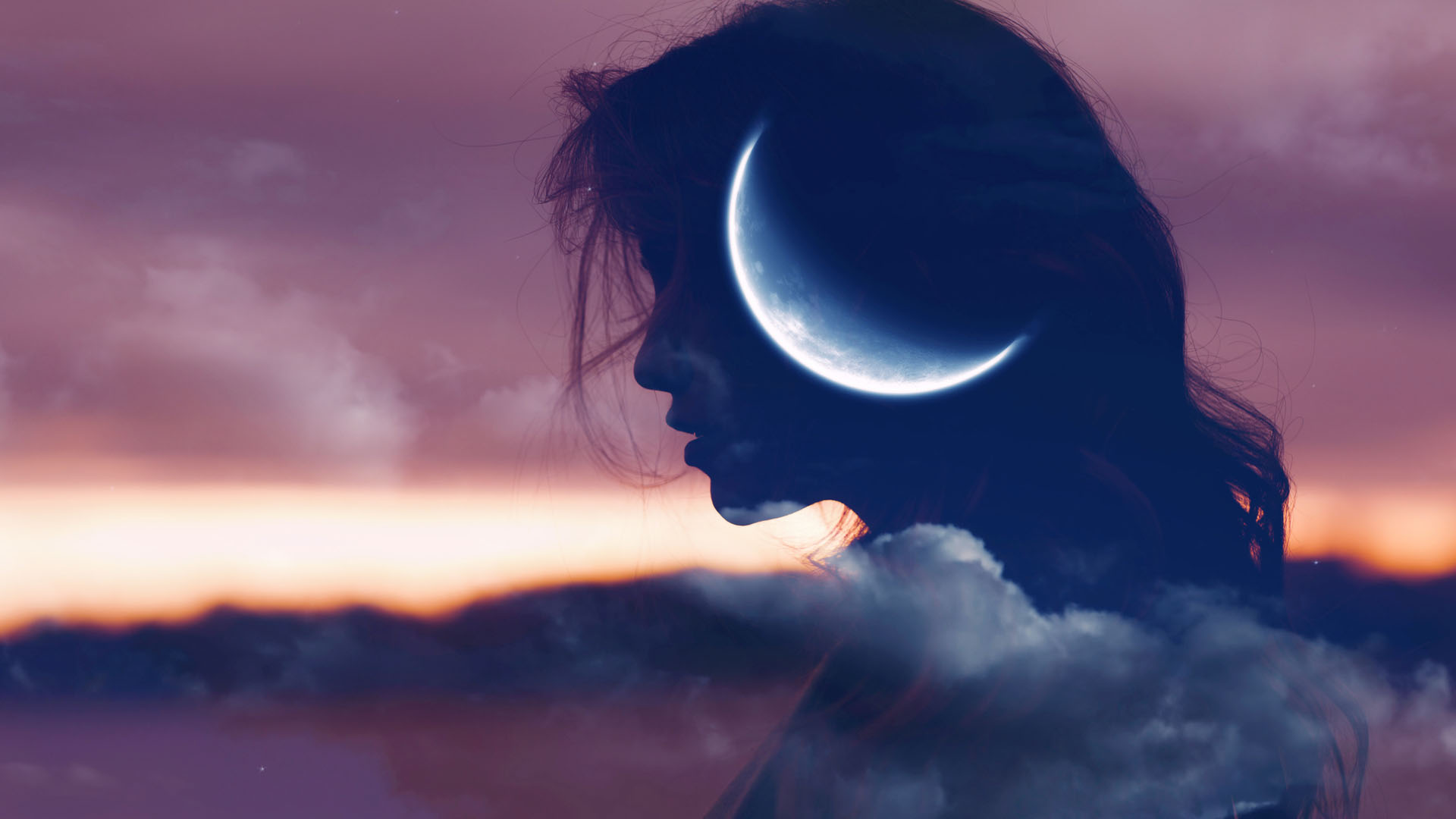
Does the moon affect menstrual cycles?
By Donavyn Coffey published
Studies suggest synchronizations in the lunar and menstrual cycles are down to random chance.
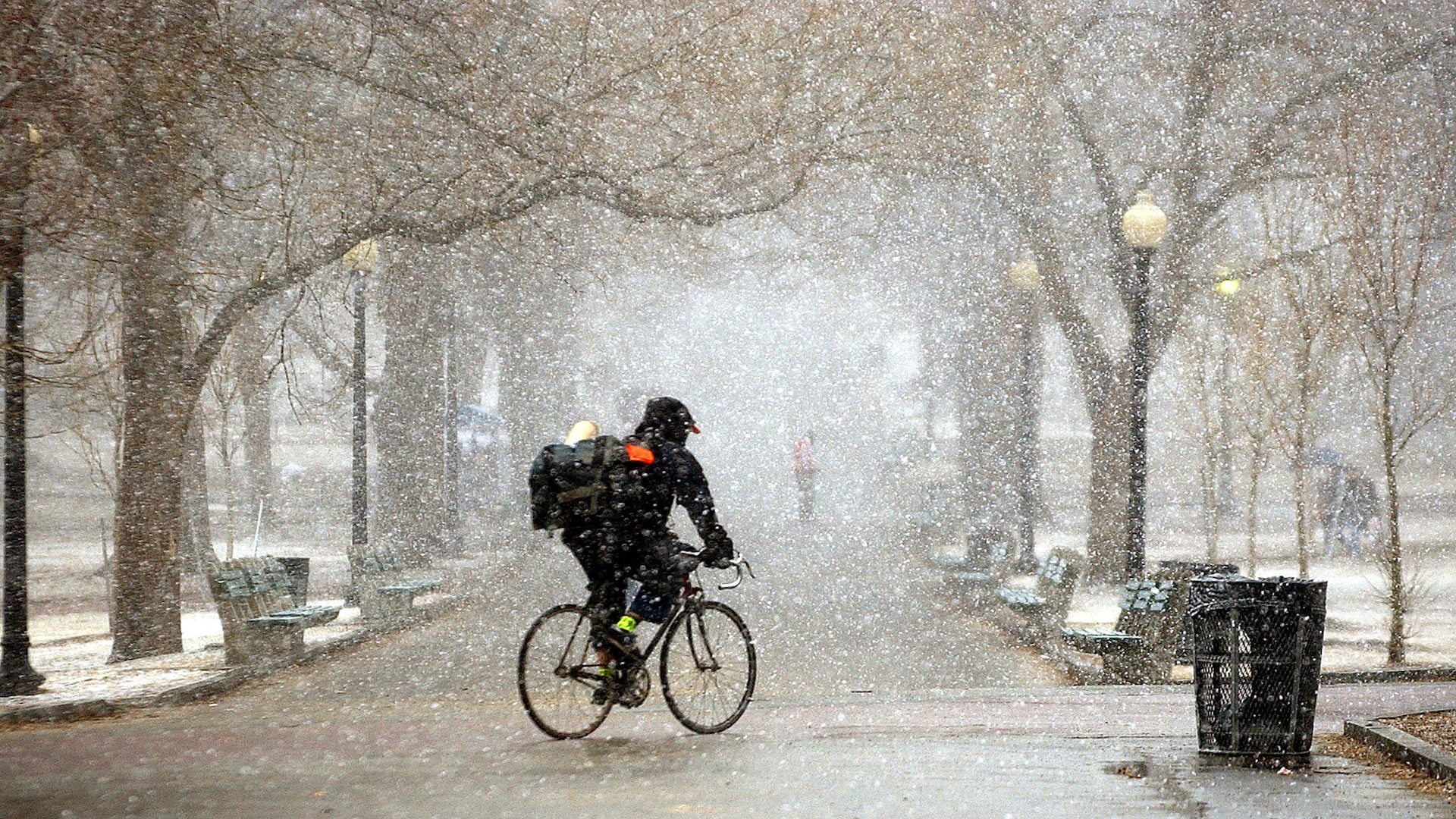
What is a squall?
By Donavyn Coffey published
There are different types of squalls, including a sudden windy cold front and a short-term burst of heavy snow and wind.
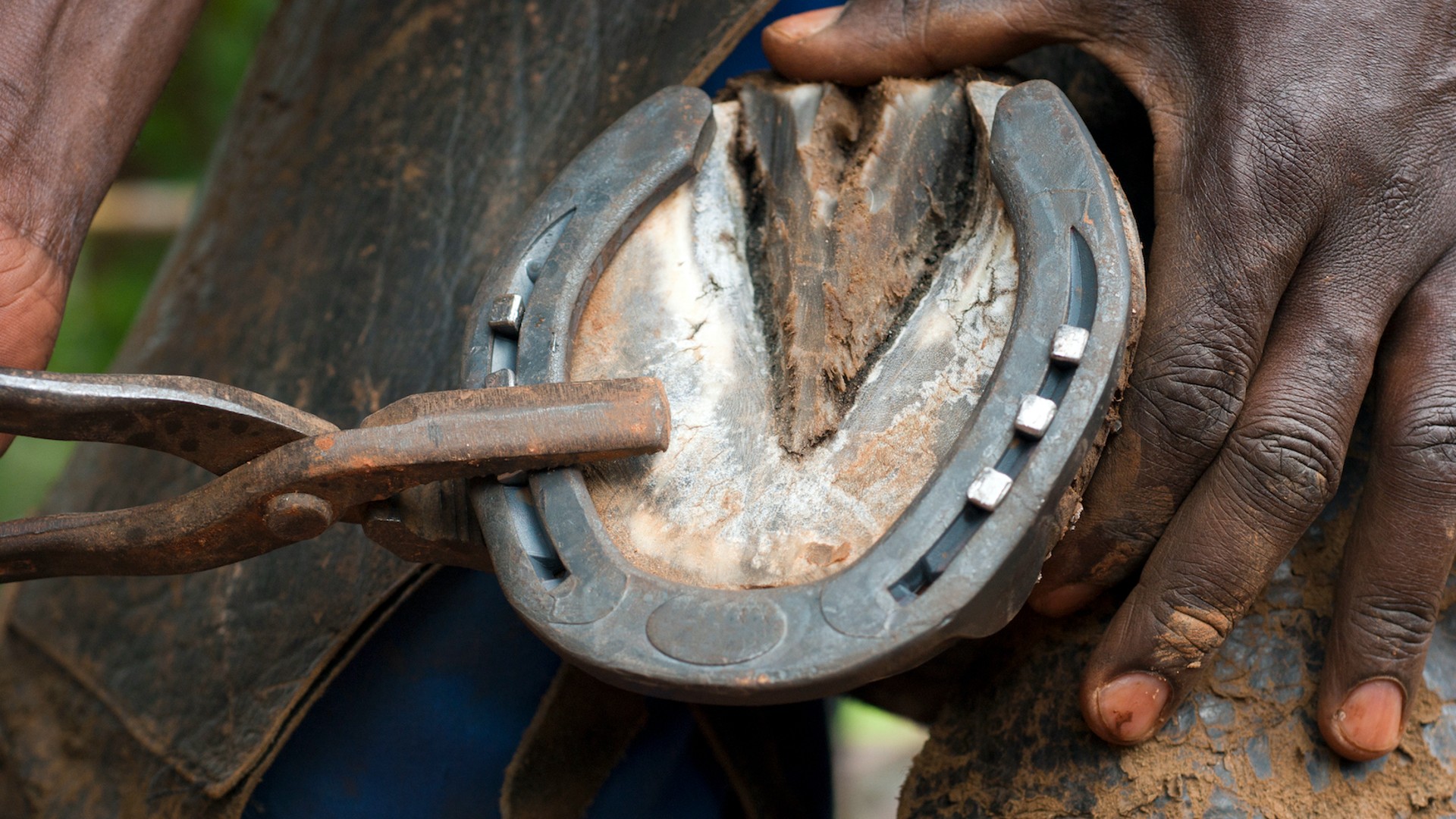
Why do horses wear shoes?
By Donavyn Coffey published
What happens to wild horses that don't have shoes?
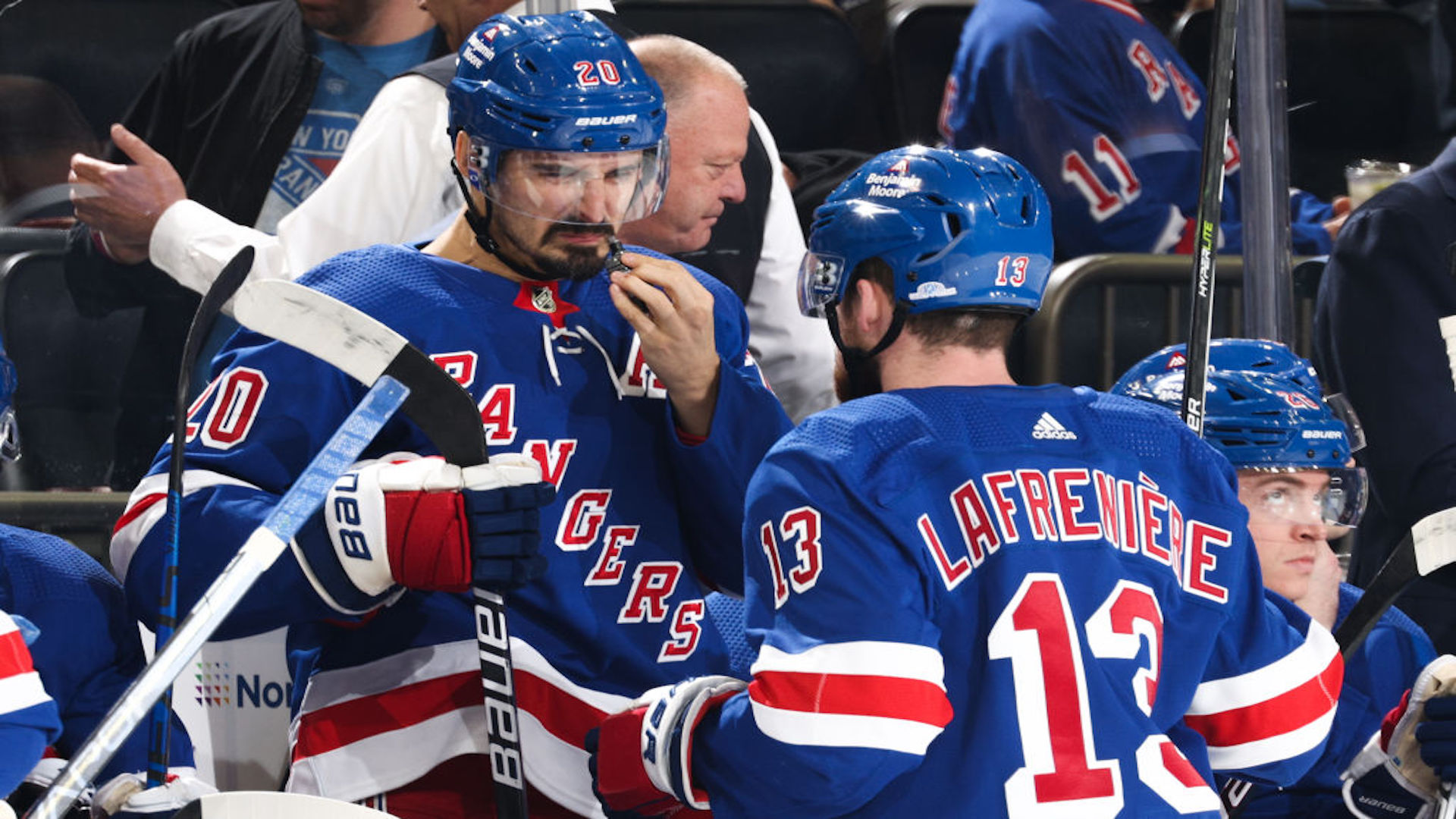
How do smelling salts work?
By Donavyn Coffey published
Smelling salts are found in Victorian novels to rouse fainting women and on the sports field to possibly help athletes. But how do they work?

Where on Earth does the sun rise first?
By Donavyn Coffey published
Where does the first sunrise happen every day and which place sees the first sunrise of the New Year?

How do you break a habit?
By Donavyn Coffey published
Habits can be hard to break, but here are a few ways you can do it.
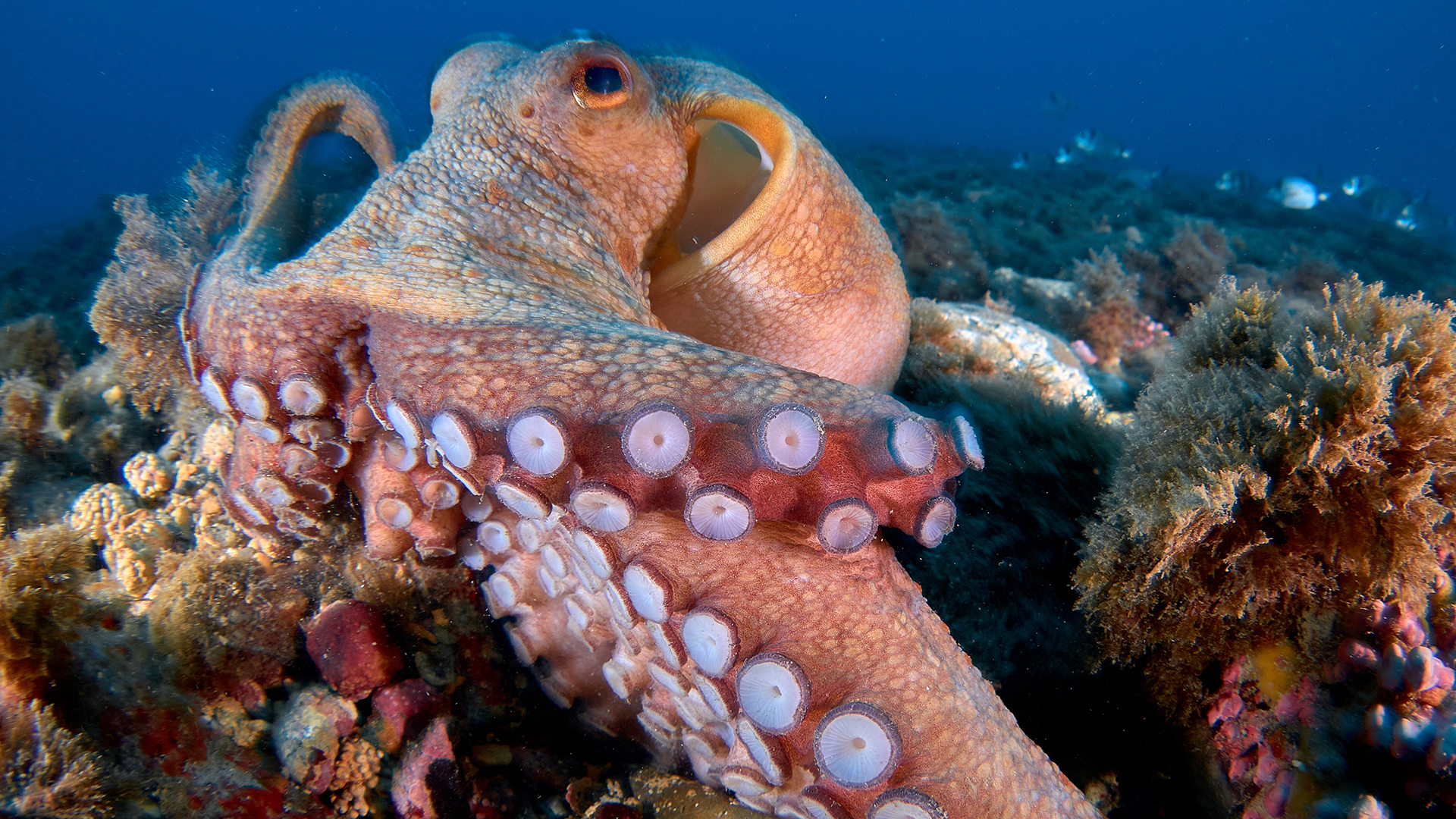
Octopuses may be so terrifyingly smart because they share humans' genes for intelligence
By Donavyn Coffey last updated
Genetic analysis of octopuses identified DNA sequences in their brains called transposons, which may help regulate learning.
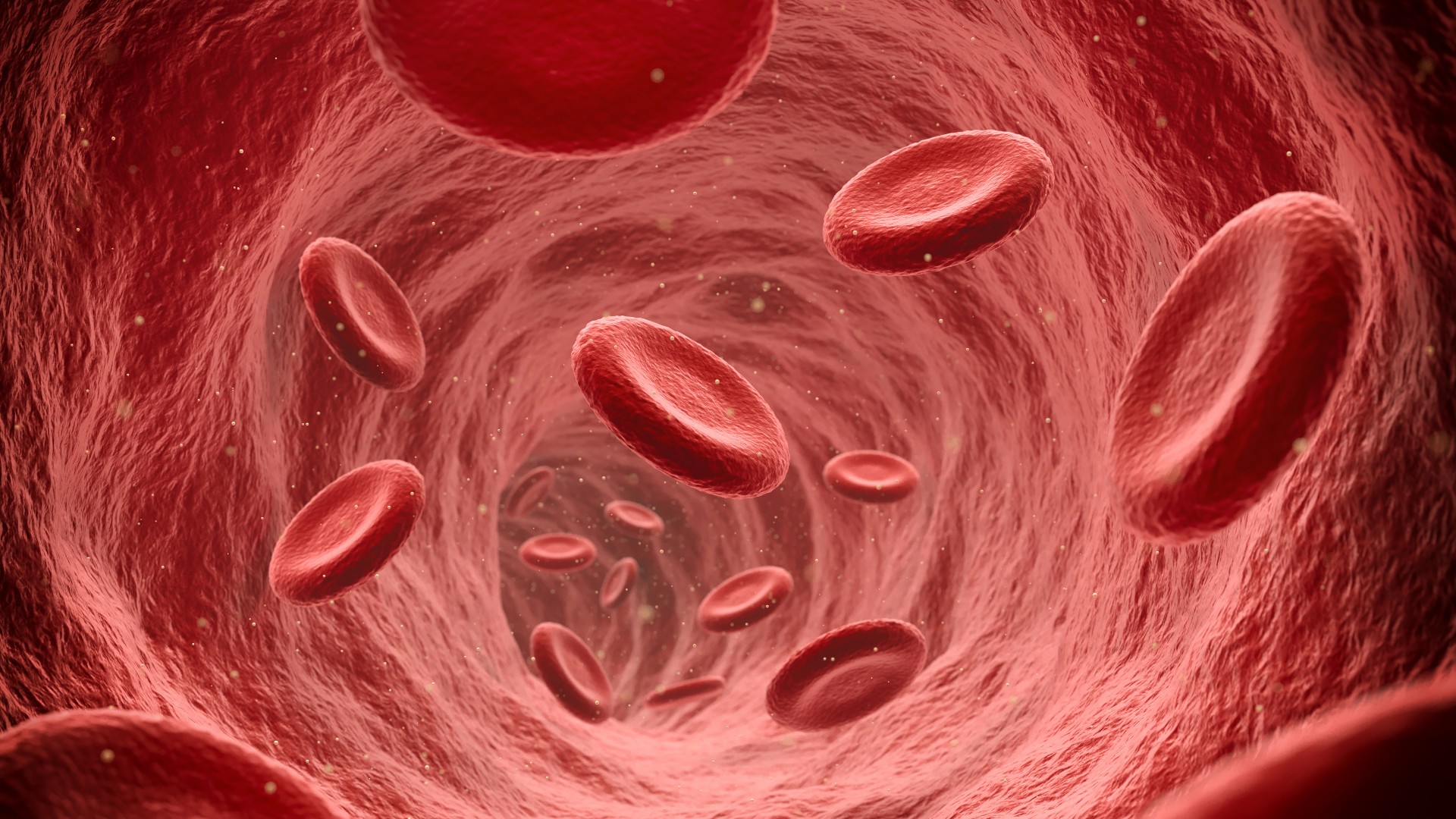
If blood is red, why do veins look bluish?
By Donavyn Coffey last updated
Blood is always red, and veins look blue or green because the skin filters light wavelengths differently.

Massive Martian meteor impact was largest ever recorded in solar system
By Donavyn Coffey published
A magnitude 4 marsquake that rocked the Red Planet in 2021 is the result of a massive meteor impact, two new studies revealed.
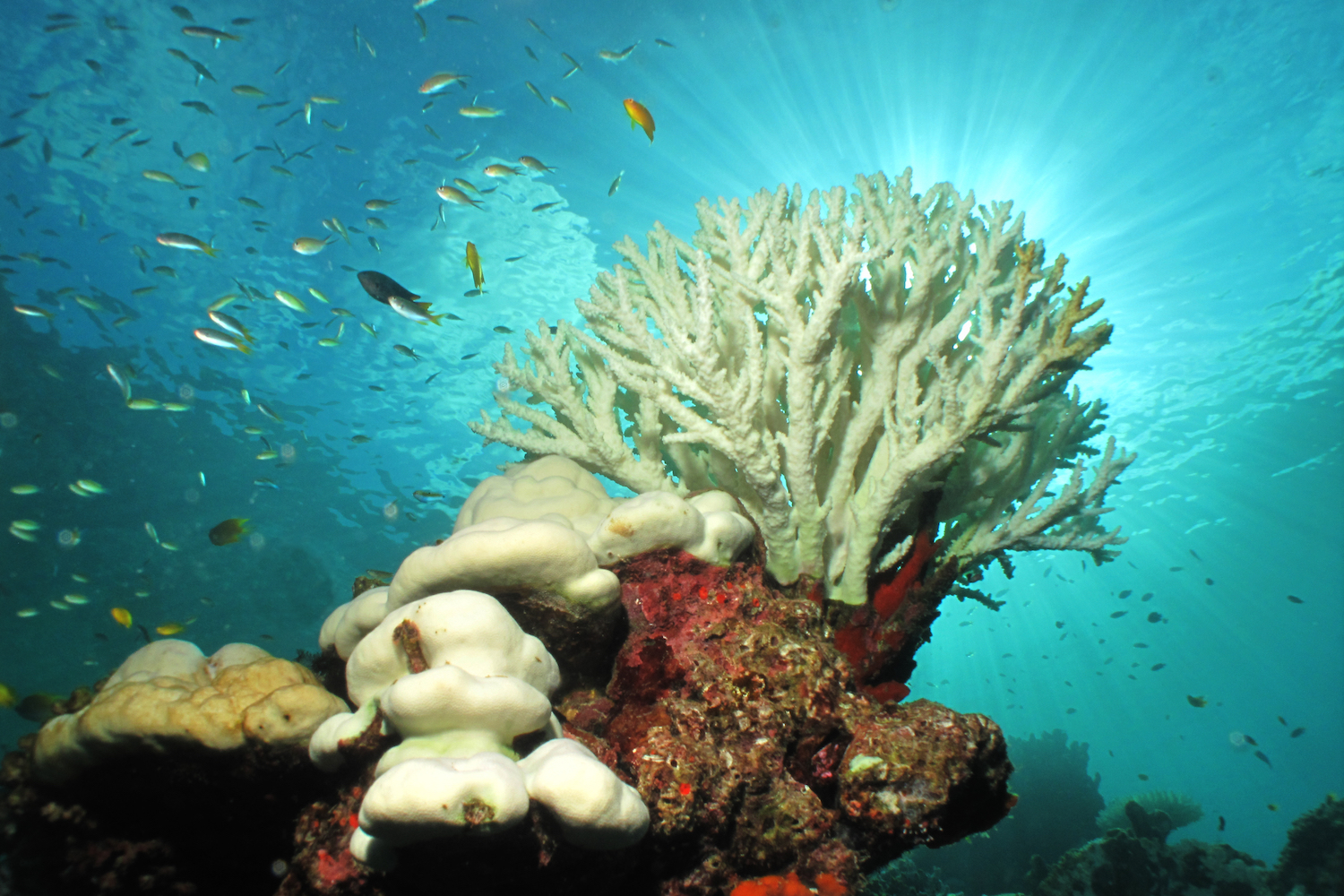
What Is Coral Bleaching?
By Donavyn Coffey last updated
Nature's red flag is the eerie white glow of one of the ocean's most biologically rich ecosystems.
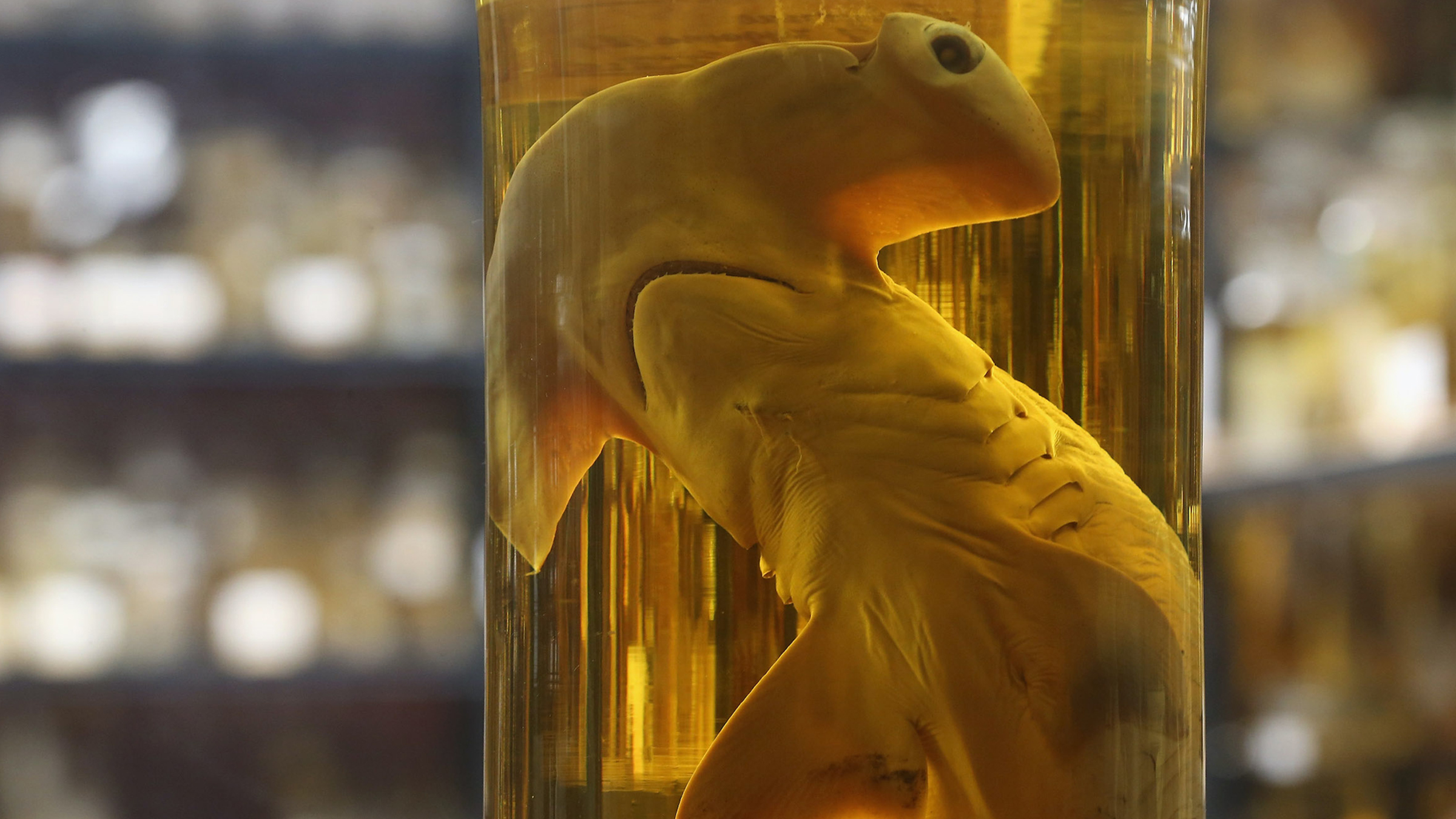
Why is alcohol used to preserve things?
By Donavyn Coffey last updated
Here's how alcohol can help preserve DNA, tissue samples and even entire organisms.
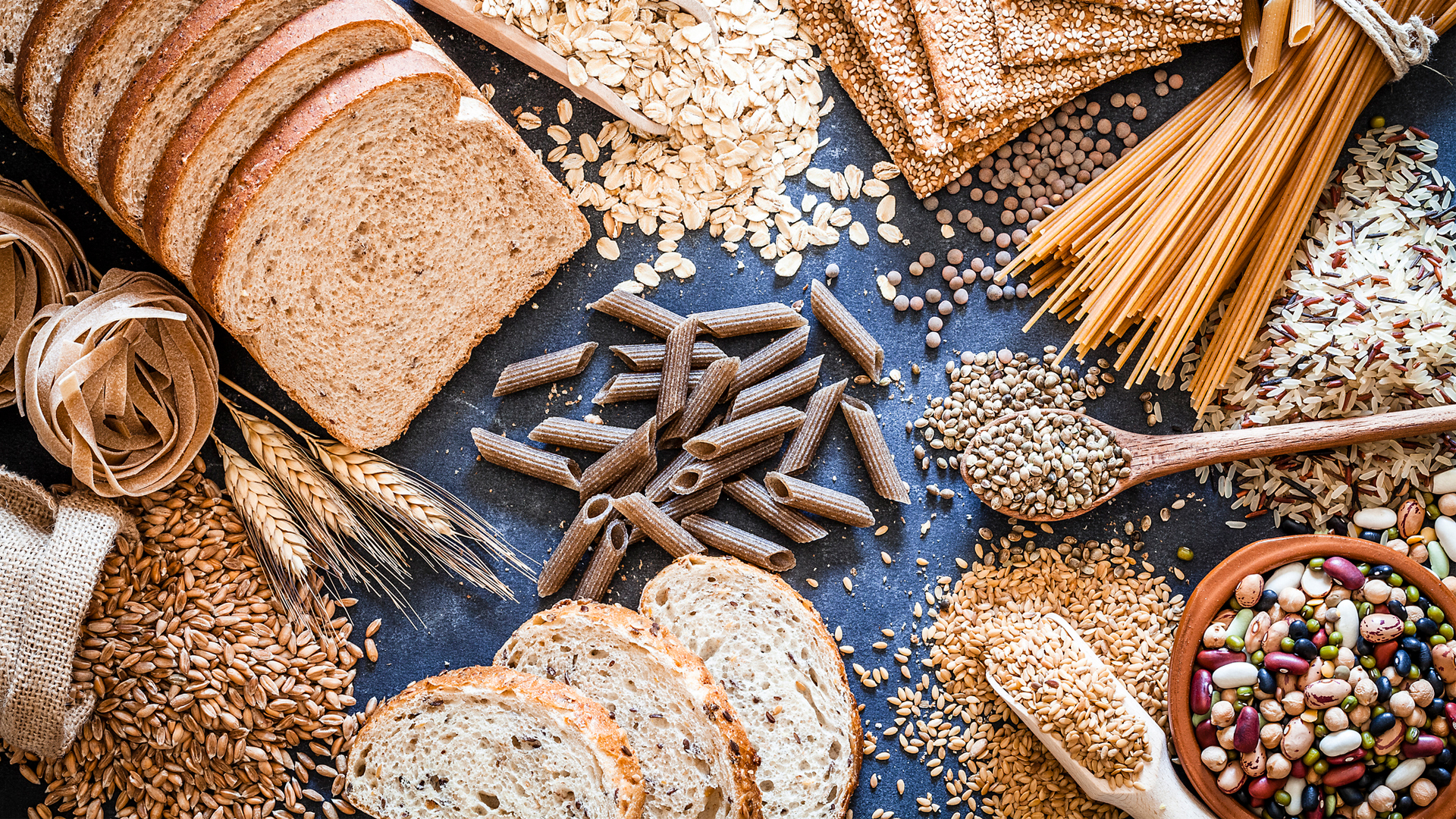
What is gluten?
By Alina Bradford last updated
Reference Gluten refers to the proteins found in wheat endosperm. Some people are gluten-intolerant, but a gluten-free diet is not for everyone.
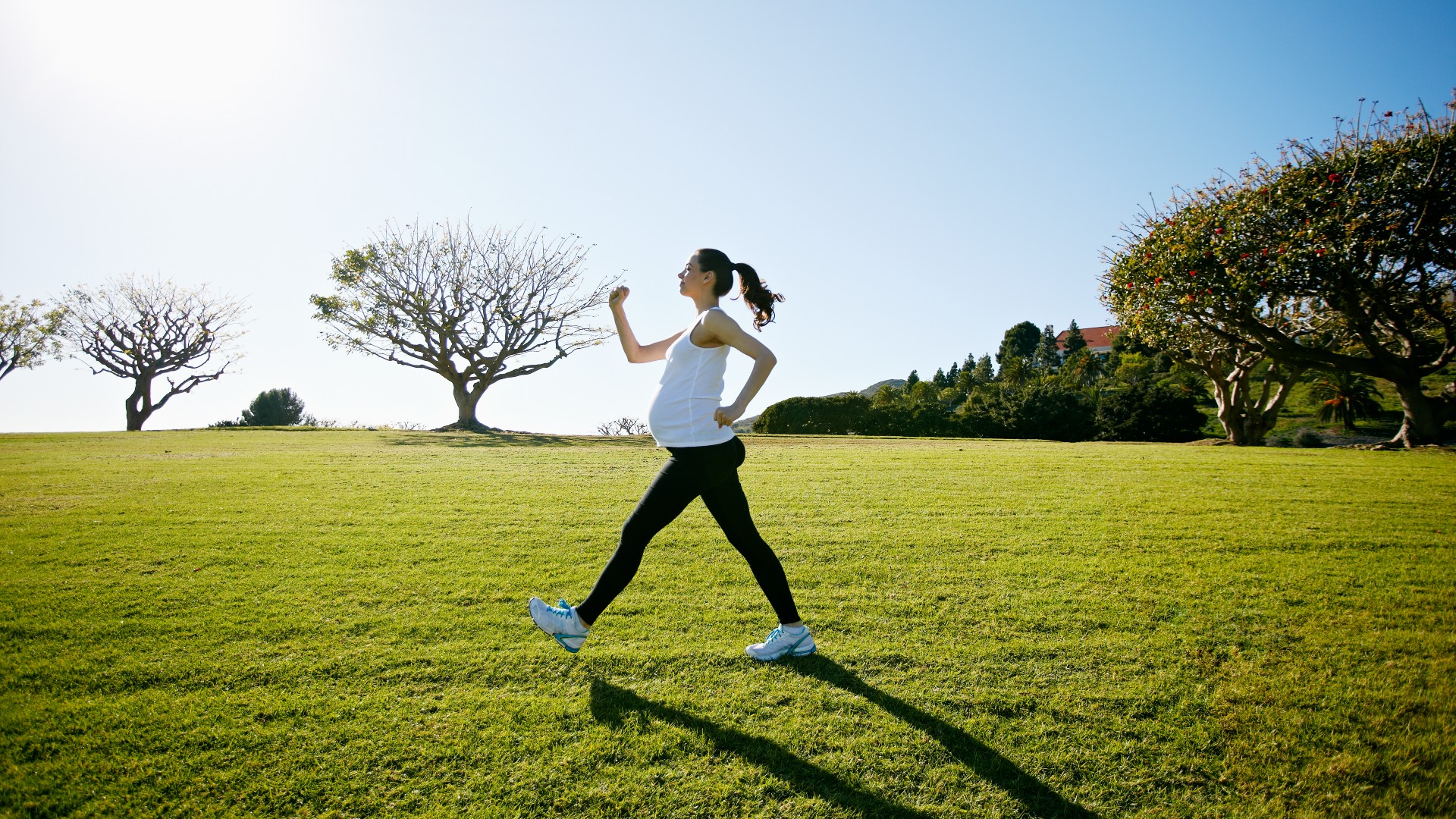
Does walking bring on labor?
By Donavyn Coffey published
It's commonly said that walking will help to bring on labor. While it's no guarantee as it doesn't induce labor contractions, walking helps the cervix prepare for the birth.
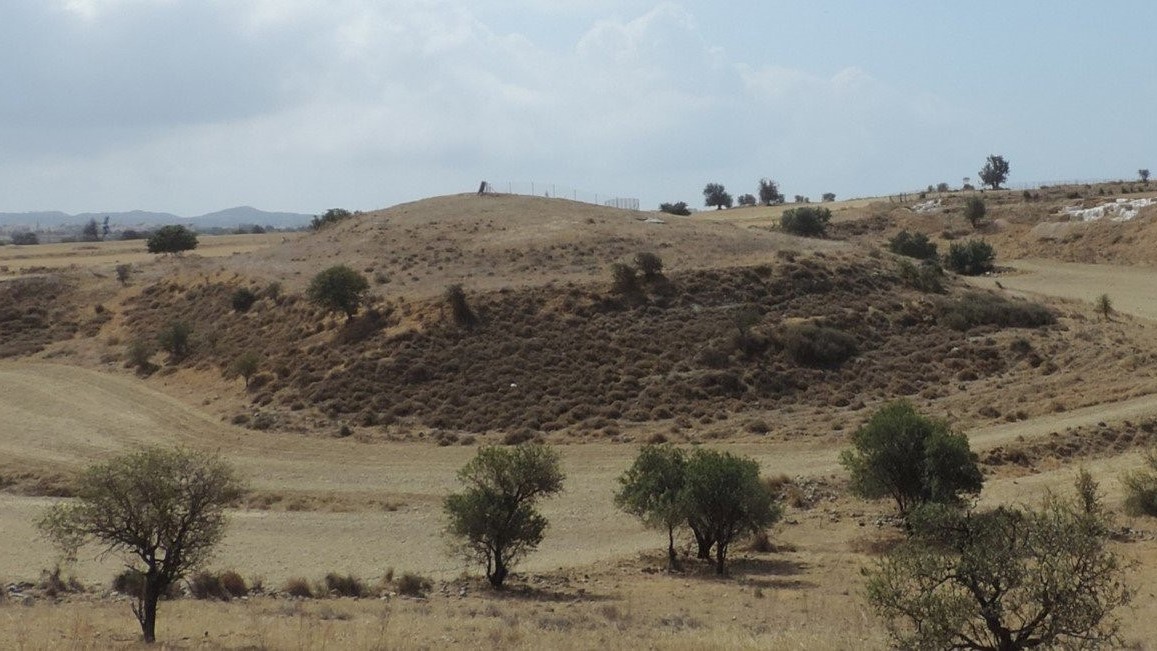
Broken fortress discovered under 'mega-monument' burial mound in Cyprus
By Donavyn Coffey published
Archaeologists in Cyprus have unearthed a broken rampart, or a part of a defensive wall, under a massive burial mound.

Why does Christianity have so many denominations?
By Donavyn Coffey last updated
Schisms within the church have led to more and more denominations over the millennia.
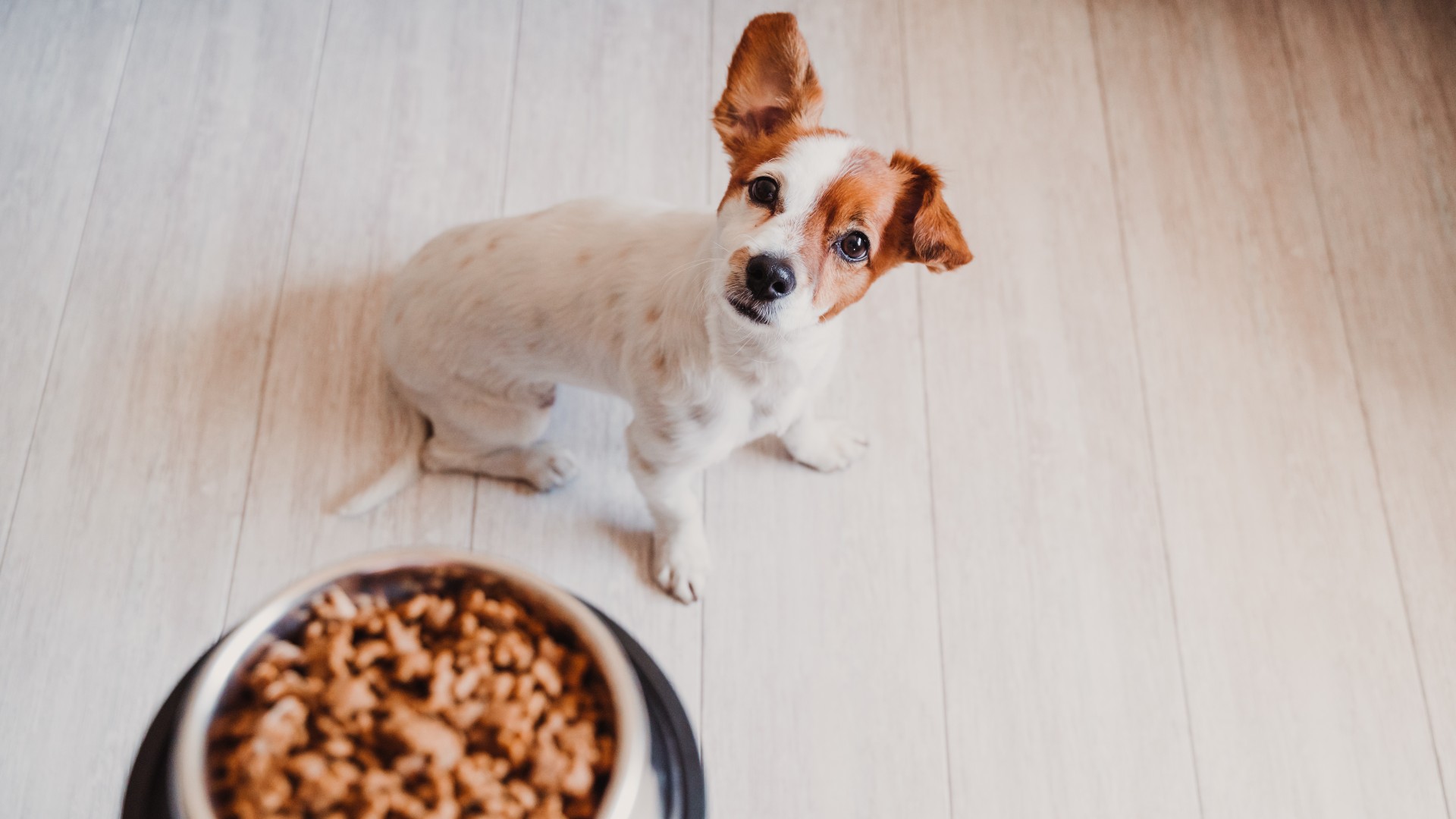
Will eating pet food kill you?
By Donavyn Coffey last updated
Chowing down pet food may not be as safe as it used to be.
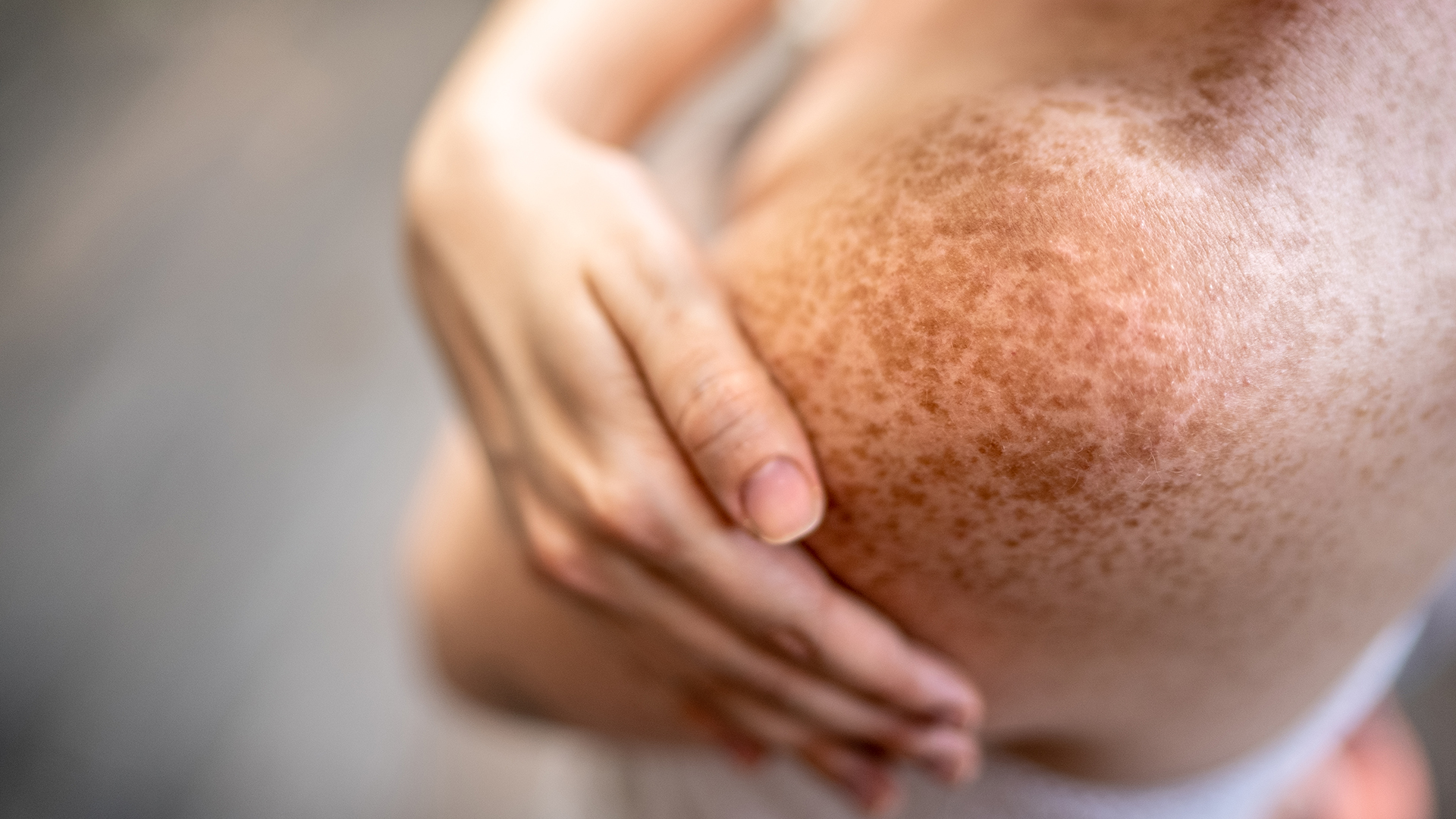
Does the human body replace itself every 7 years?
By Donavyn Coffey last updated
Your body's cells are constantly replicating themselves, but the rate of renewal depends on where those cells are located and what they do.
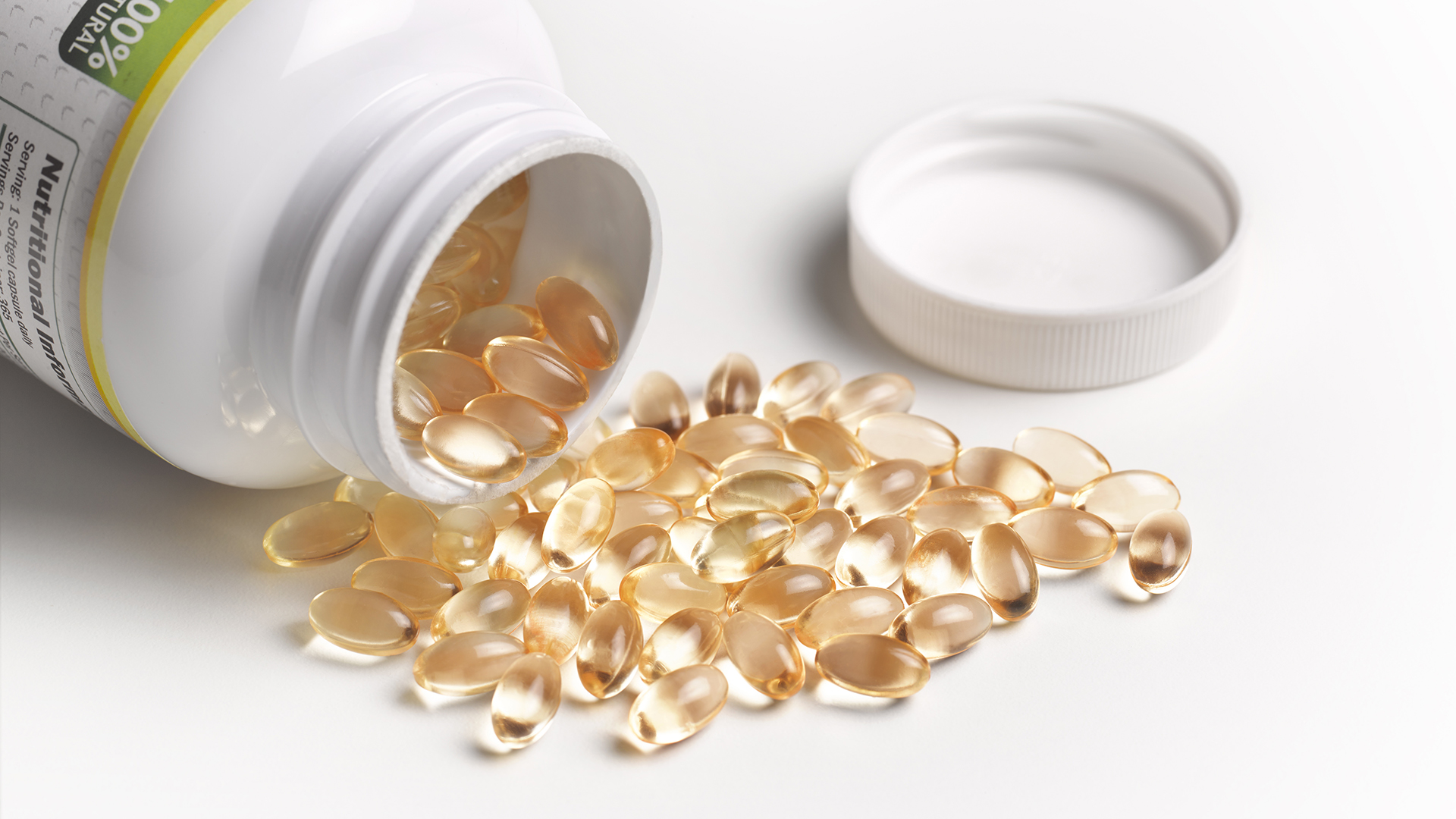
Man’s 'overzealous' vitamin D use led to overdose, hospitalization
By Donavyn Coffey last updated
A man's overzealous intake of vitamin D supplements ended poorly, requiring a hospital stay for over a week.
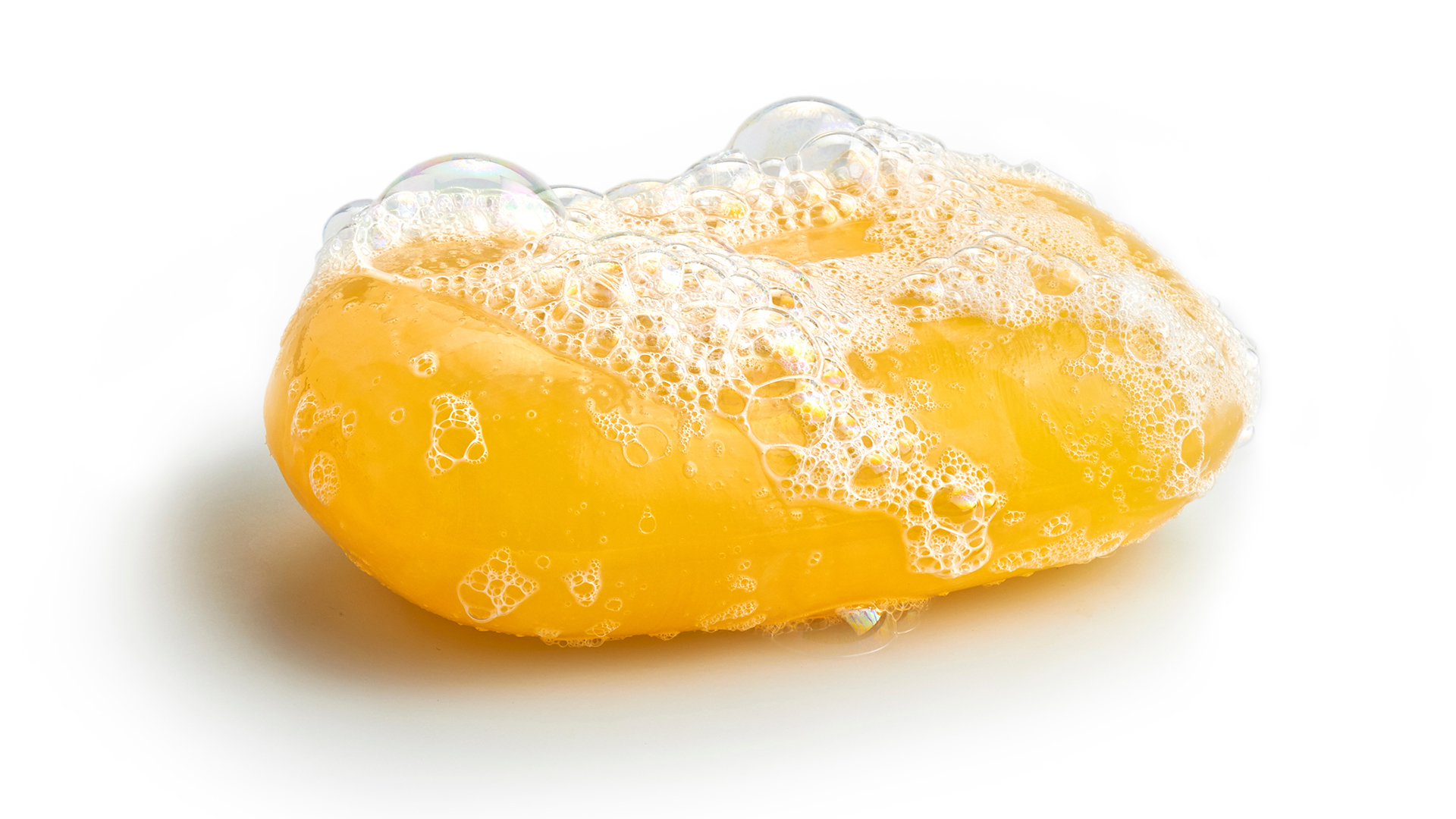
How does soap kill germs?
By Donavyn Coffey published
Soap is great at getting rid of pathogenic bacteria and viruses because of its molecular structure.
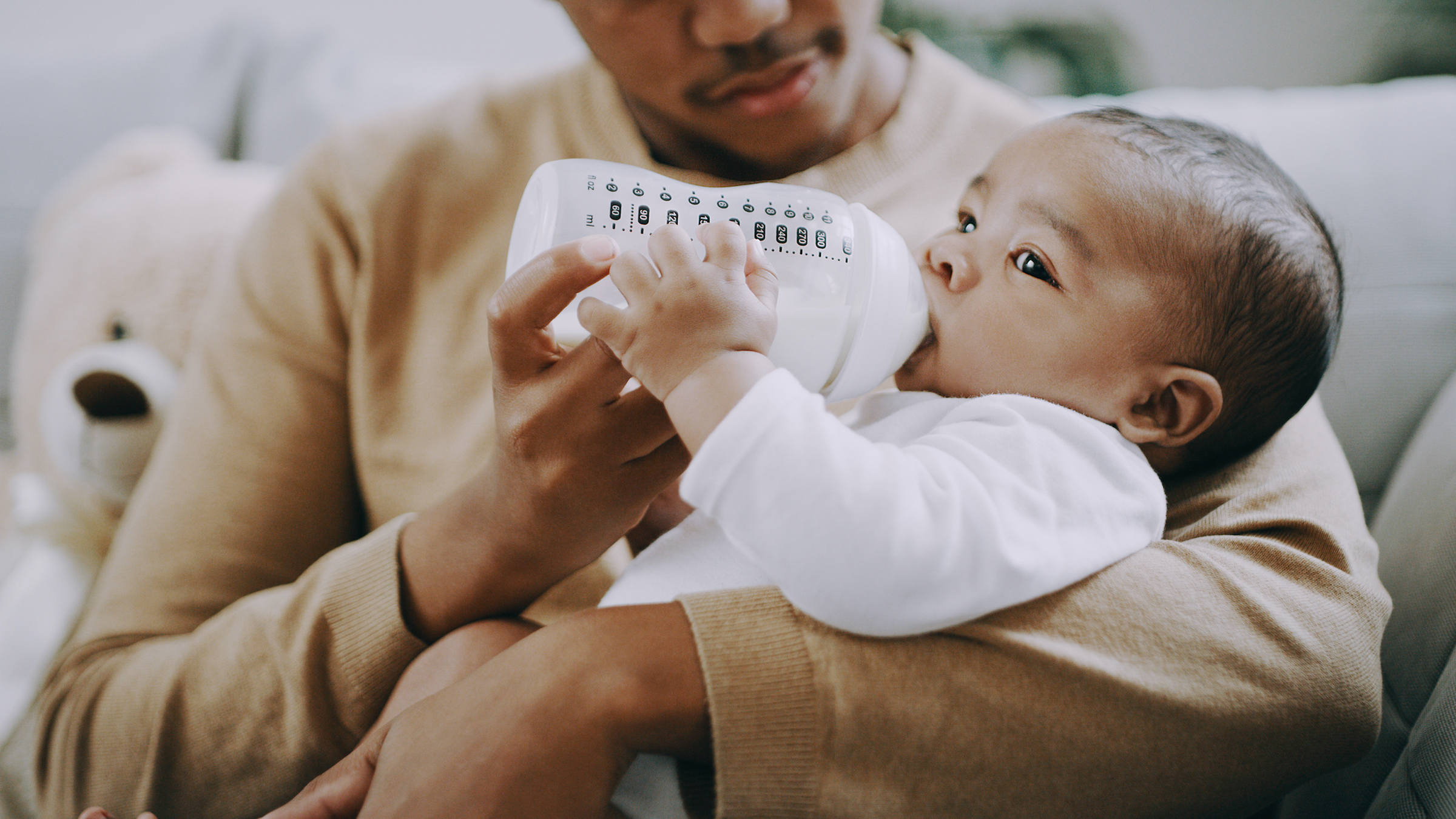
Why can't babies drink cow's milk?
By Donavyn Coffey published
Milk isn't the same across species. Here's the science of why babies shouldn't drink cow's milk until they're older.
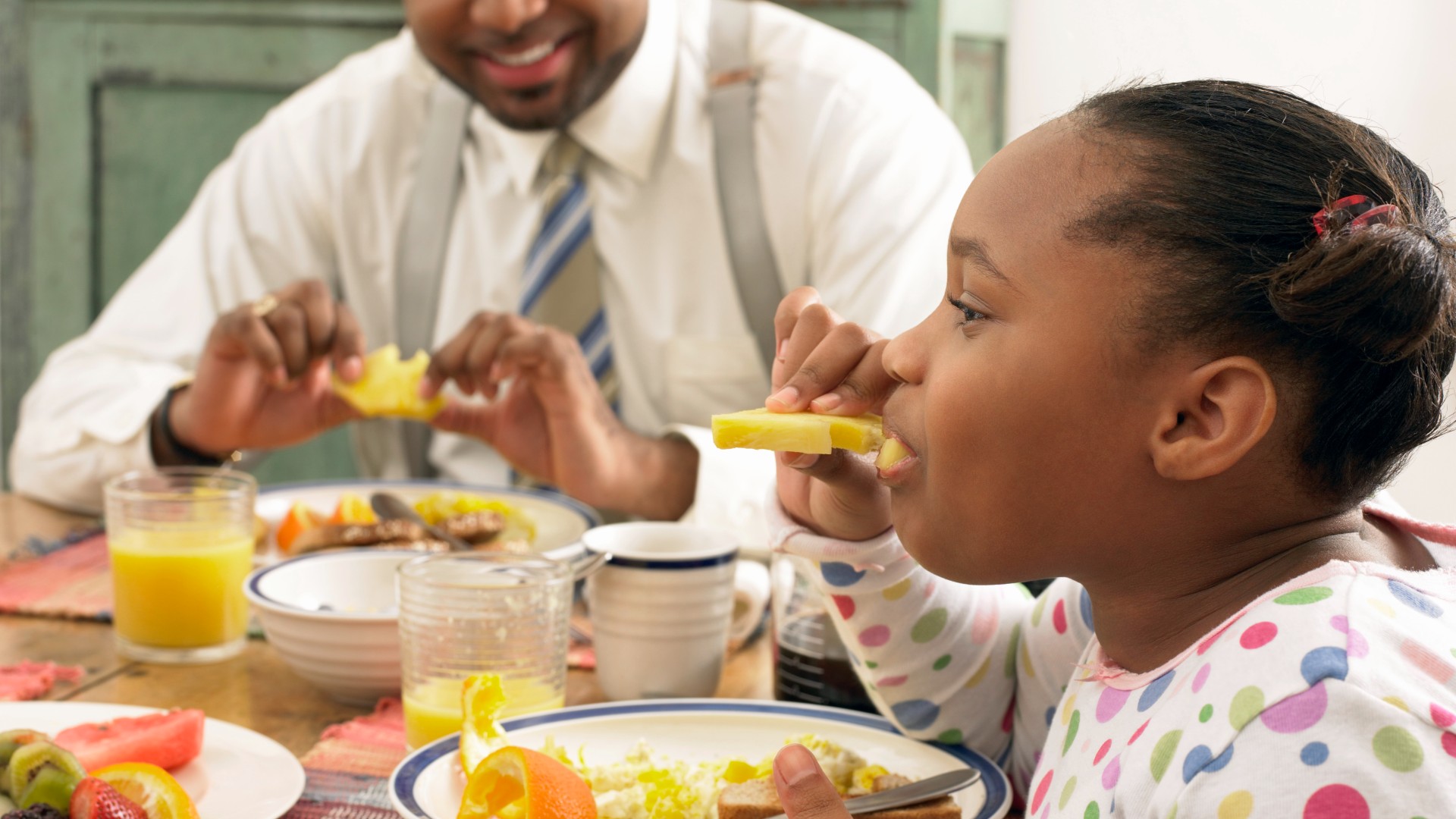
Why does eating pineapple make your mouth tingle?
By Donavyn Coffey published
Is it the combination of the pineapple's acidity and the enzyme complex called bromelain that likely make your mouth sore.
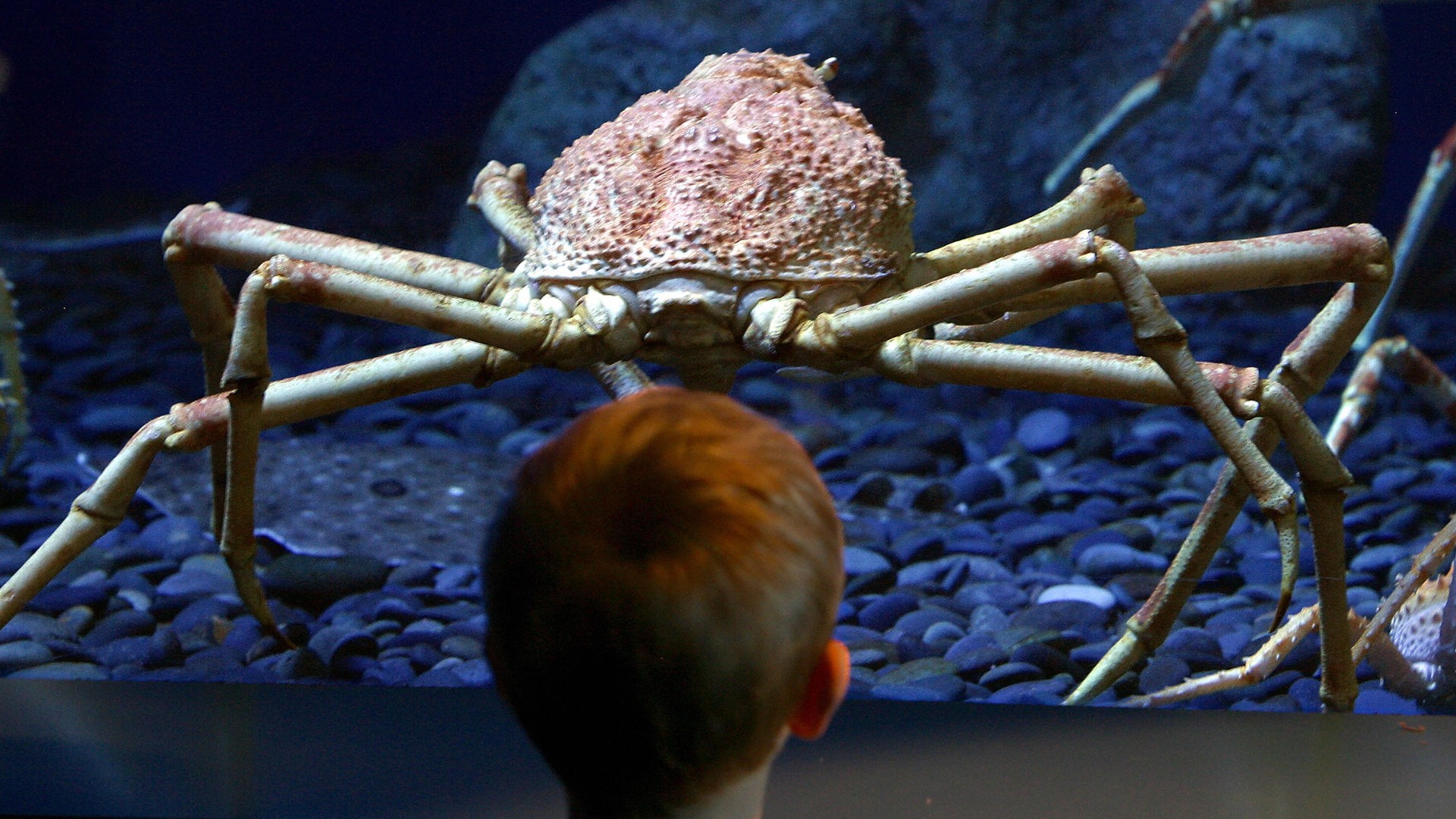
Why are there so many giants in the deep sea?
By Donavyn Coffey published
Here's the science behind why some deep sea creatures — such as squids, sharks, sea spiders and worms — get so giant.
Sign up for the Live Science daily newsletter now
Get the world’s most fascinating discoveries delivered straight to your inbox.
